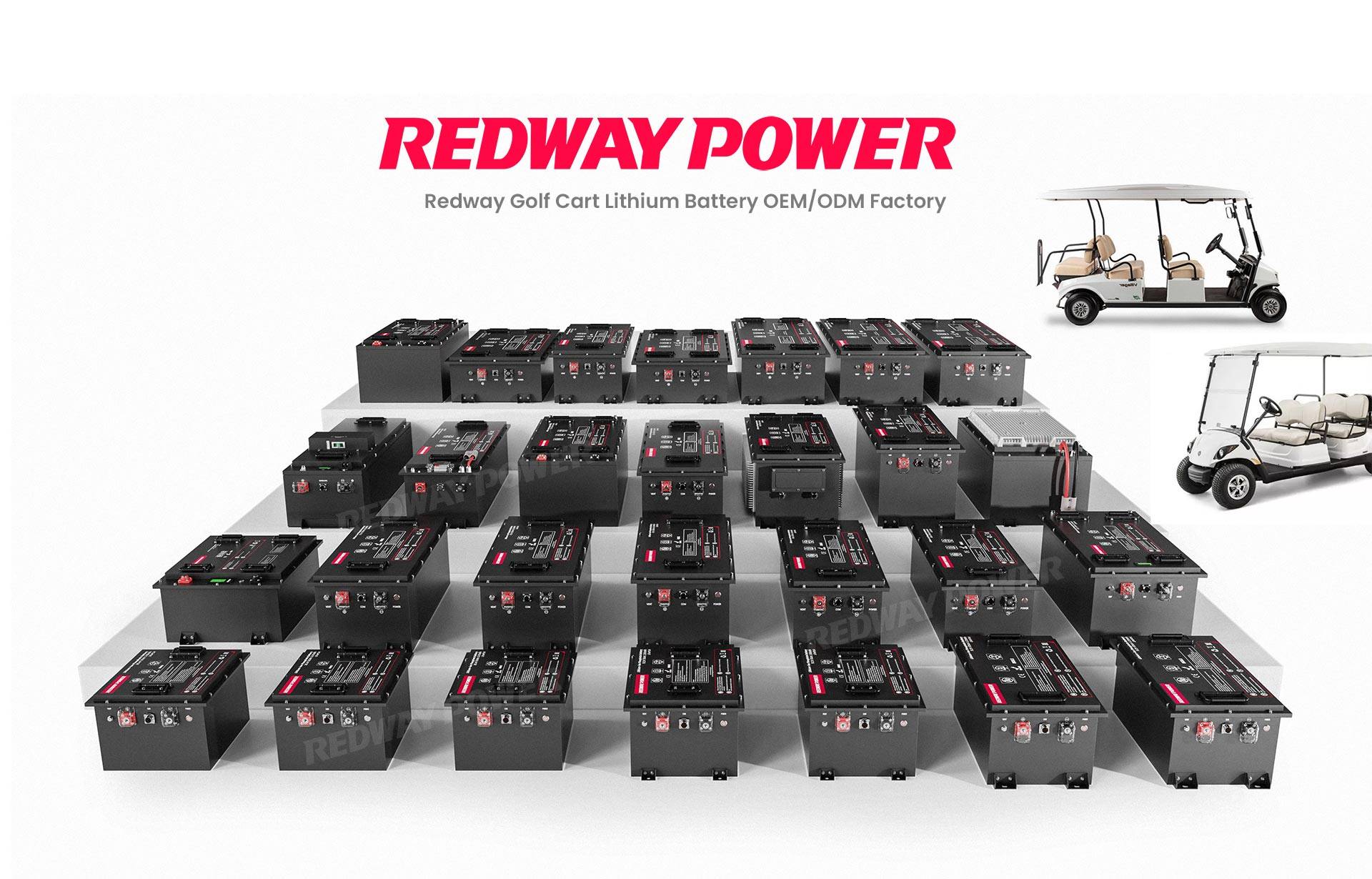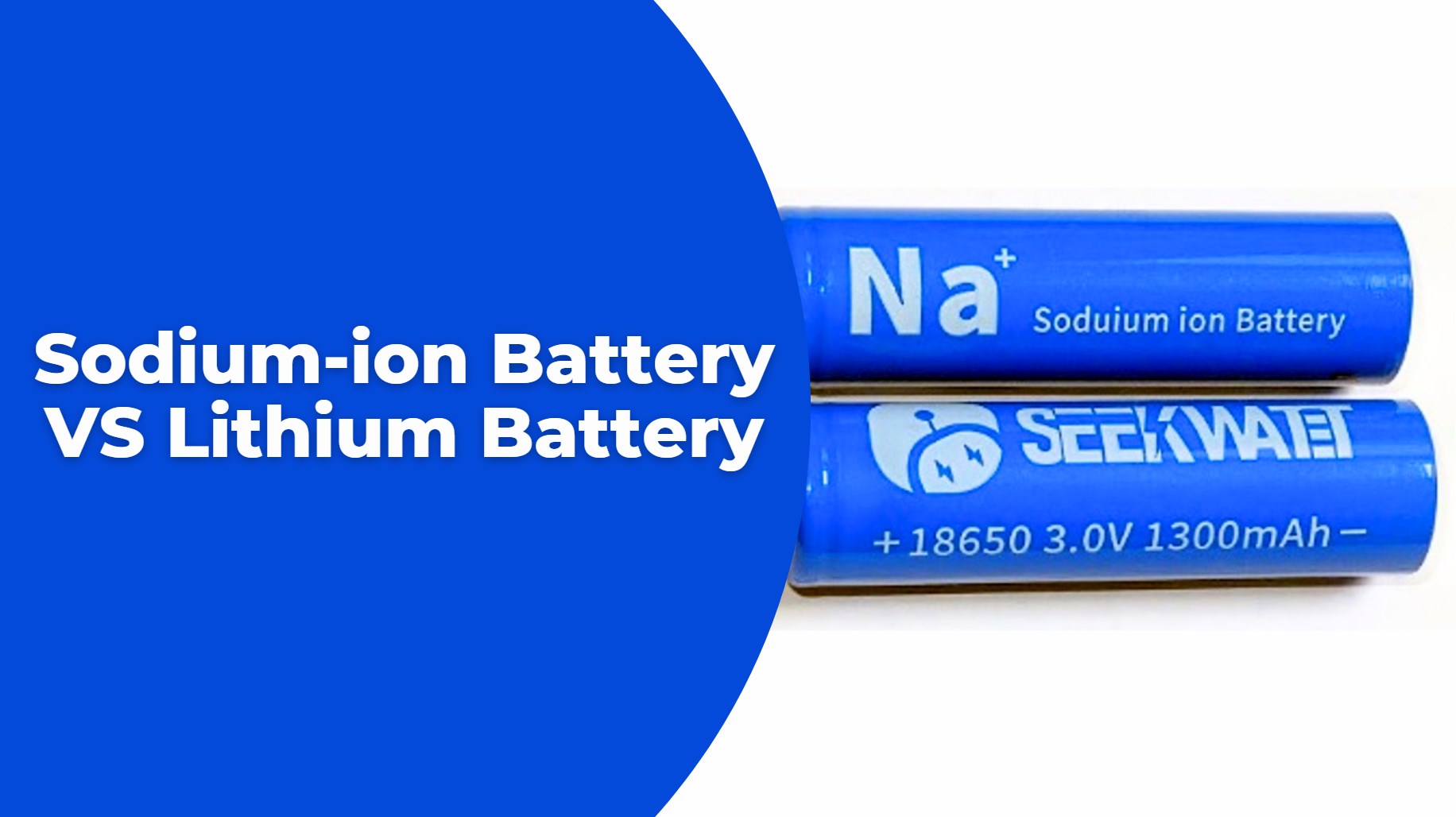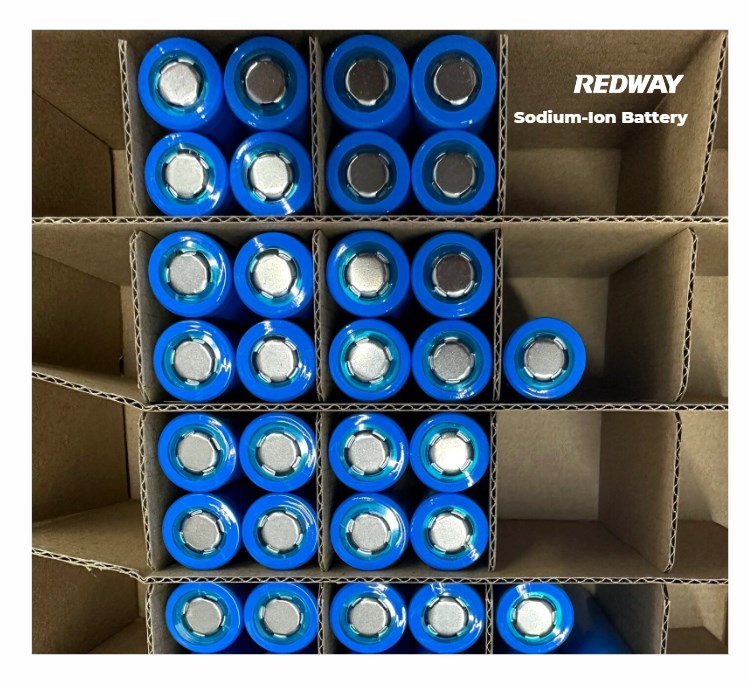As the demand for more efficient and sustainable energy storage solutions intensifies, the search for alternatives to lithium-ion batteries has become increasingly important. Sodium-ion batteries have emerged as a promising contender in the race to replace lithium-ion technology. Offering benefits in terms of safety, cost, and sustainability, sodium-ion batteries are gaining attention from researchers and manufacturers alike. However, the journey to making sodium-ion batteries a mainstream solution requires a thorough understanding of the key factors that influence their performance.
Sodium-ion batteries are considered a viable alternative to lithium due to sodium’s abundance and lower cost. They can charge faster and have longer lifecycles but currently offer lower energy density and shorter cycle life compared to lithium-ion batteries. Ongoing research aims to improve sodium-ion technology for broader applications.
The Case for Sodium-Ion Batteries: A Safer and More Sustainable Option
Lithium-ion batteries have dominated the market for years due to their high energy density and widespread availability. However, the limitations of lithium-ion technology, such as the environmental impact of lithium mining, resource scarcity, and safety concerns, have prompted the exploration of alternative battery chemistries.
Sodium-ion batteries stand out as a potential solution due to their abundance, reduced cost, and enhanced safety profile. Sodium, being more plentiful and geographically widespread than lithium, offers a significant advantage in terms of resource availability and cost-effectiveness. Additionally, sodium-ion batteries pose fewer safety risks, as they are less prone to thermal runaway and do not require the same level of protective measures as their lithium counterparts.
Key Components of Sodium-Ion Batteries: Understanding the Electrolytes
The performance of sodium-ion batteries hinges on the selection of appropriate electrolytes. The electrolyte in a battery plays a critical role in conducting ions between the anode and cathode, influencing the overall efficiency, stability, and safety of the battery system.
Organic Carbonates: Balancing Stability and Conductivity
Organic carbonate-based electrolytes are commonly used in sodium-ion batteries due to their high ionic conductivity and wide electrochemical stability window. These electrolytes typically consist of sodium salts dissolved in a mixture of organic solvents such as ethylene carbonate (EC) and propylene carbonate (PC). The benefits of organic carbonates include good compatibility with sodium-ion electrodes and the ability to operate at a range of temperatures.
However, there are challenges associated with organic carbonate electrolytes, particularly their flammability and potential environmental impact. Researchers are continuously exploring ways to improve the thermal stability of these electrolytes, as well as developing more environmentally friendly solvent systems to mitigate their drawbacks.
Aqueous Electrolytes: Safety and Environmental Friendliness
Aqueous electrolytes offer a compelling alternative to organic carbonates, particularly from a safety and environmental perspective. Sodium-ion batteries utilizing aqueous electrolytes benefit from non-flammability, reduced toxicity, and ease of handling. These electrolytes are typically composed of sodium salts dissolved in water, providing a safe and sustainable option for battery systems.
However, the use of aqueous electrolytes presents its own set of challenges, particularly in terms of electrochemical stability. The water in these electrolytes can decompose at high voltages, limiting the energy density of the battery. Despite these limitations, ongoing research is focused on enhancing the voltage window of aqueous electrolytes and improving their overall performance in sodium-ion batteries.
Ionic Liquids: A Novel Approach to High-Performance Electrolytes
Ionic liquids represent a cutting-edge approach to electrolyte design in sodium-ion batteries. These electrolytes are composed entirely of ions, offering unique properties such as high thermal stability, non-flammability, and tunable electrochemical stability. Ionic liquids can be engineered to achieve specific performance characteristics, making them a versatile option for sodium-ion batteries.
The advantages of ionic liquids include their wide electrochemical window, allowing for higher operating voltages and improved energy density. Additionally, ionic liquids can be customized to enhance the compatibility with sodium-ion electrodes and optimize battery performance across various applications.
However, the adoption of ionic liquids in commercial sodium-ion batteries is currently limited by their high cost and the need for further research to address issues related to ionic conductivity and long-term stability. As the technology matures, ionic liquids may play a significant role in the future of sodium-ion batteries.
Best Practices for Enhancing Sodium-Ion Battery Performance
To maximize the performance, safety, and cost-effectiveness of sodium-ion batteries, manufacturers must carefully consider the selection of electrolytes and follow best practices in battery design and assembly.
Electrolyte Optimization for Improved Performance
Selecting the optimal electrolyte composition is crucial for achieving the desired balance of ionic conductivity, thermal stability, and electrochemical performance. Manufacturers should prioritize electrolytes that offer a wide electrochemical stability window, minimizing the risk of degradation and maximizing energy density.
In addition to electrolyte composition, the purity and concentration of the electrolyte must be carefully controlled to ensure consistent performance across battery cells. Advanced techniques such as electrolyte purification and solvent recycling can further enhance the quality and sustainability of sodium-ion battery production.
Temperature Management for Enhanced Safety
Temperature management is a critical factor in ensuring the safety and longevity of sodium-ion batteries. Manufacturers should implement robust thermal management systems to prevent overheating and thermal runaway, particularly in applications with high power demands.
The selection of electrolytes with high thermal stability is essential for minimizing the risk of thermal degradation and ensuring reliable operation under varying environmental conditions. Additionally, integrating temperature sensors and protective circuits into battery systems can provide real-time monitoring and early warning of potential safety issues.
Compatibility Testing for Long-Term Reliability
Ensuring the compatibility of electrolytes with other battery components is essential for achieving long-term reliability and performance. Manufacturers should conduct extensive testing to evaluate the interaction between electrolytes, electrodes, and separators, identifying potential issues such as electrolyte decomposition or electrode passivation.
By optimizing the compatibility of all battery components, manufacturers can reduce the risk of performance degradation and extend the lifespan of sodium-ion batteries.
Redway Battery: A Leader in Customized Battery Solutions
For businesses seeking high-quality battery solutions, Redway Battery offers extensive experience and expertise in the field. As a leading LiFePO4 battery factory wholesaler, Redway Battery specializes in providing tailored solutions to meet diverse needs, with a strong focus on 48V golf cart batteries.
Redway Battery’s commitment to quality and innovation ensures that clients receive batteries designed to meet the highest standards of performance, safety, and cost-effectiveness. Whether you require a customized battery solution or a quick quote, Redway Battery’s team of experts is ready to assist you in finding the optimal energy storage solution for your application.

Conclusion
As the demand for sustainable and efficient energy storage continues to grow, sodium-ion batteries represent a promising alternative to lithium-ion technology. By carefully selecting the best electrolytes and following best practices in battery design, manufacturers can enhance the performance, safety, and cost-effectiveness of sodium-ion battery systems.
Redway Battery stands at the forefront of this evolving industry, offering innovative and customized battery solutions to meet the diverse needs of businesses worldwide. For those looking to explore the potential of sodium-ion batteries or other advanced energy storage technologies, Redway Battery is your trusted partner.
Contact Redway Battery today to discover how our expertise can help you achieve your energy storage goals.







